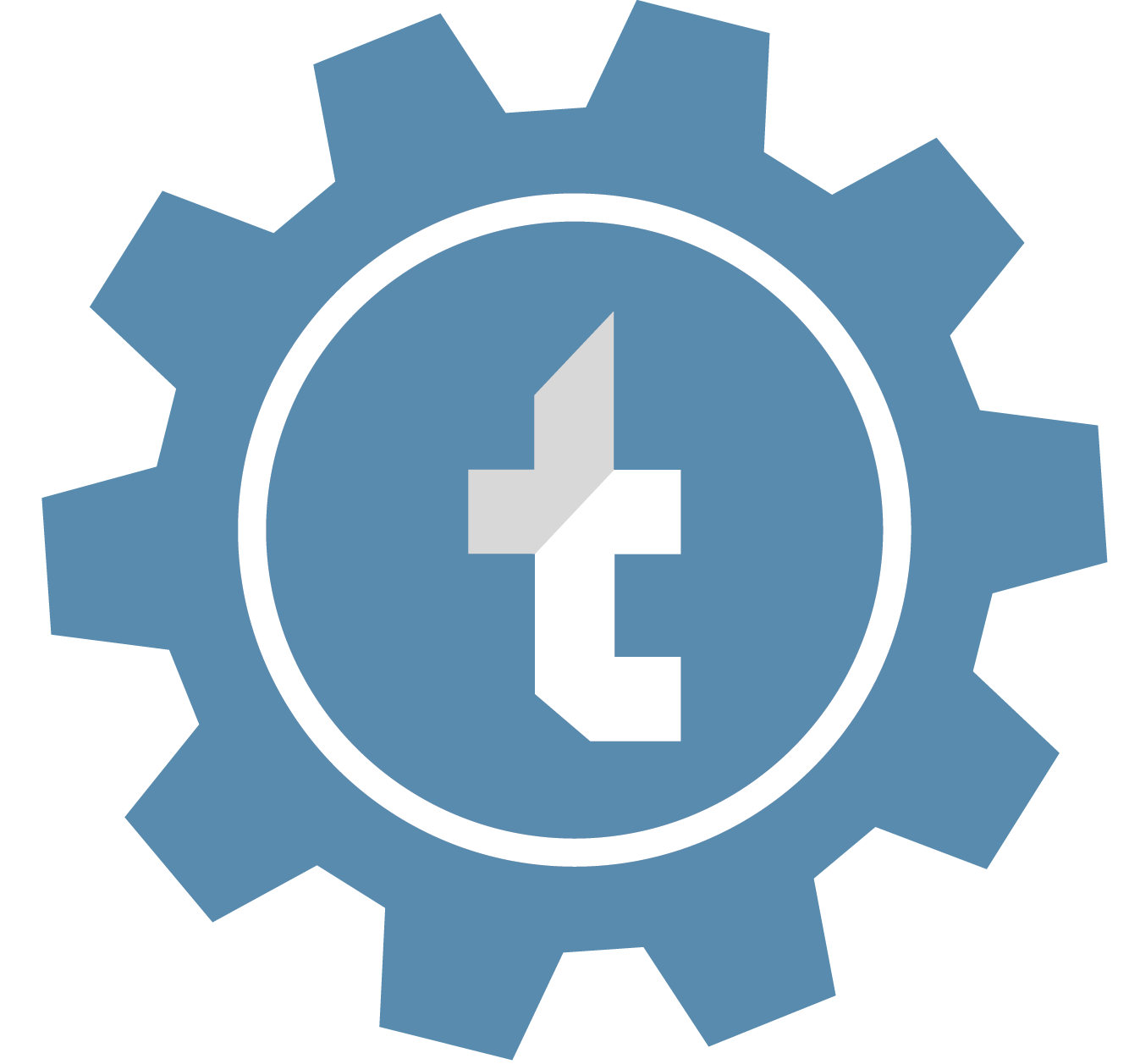February 28, 2024
.png)

Written by:
Today's Class Team
In our industry, there tends to be an emphasis on technical achievements, while interpersonal skills are overlooked. Skills like communication and teamwork don't get the spotlight they deserve, overshadowed by the emphasis on mechanics and tech.
The auto business isn't just about cars; at its core, it's about the people involved. Recognizing the value of interpersonal skills can make a big difference in everything from sales to customer satisfaction. Human interaction is just as crucial as the latest automotive innovation.
 Industry
IndustryInterpersonal skills are more than just a nice-to-have; they're a critical component of every transaction and interaction. These skills—ranging from how we talk and listen to how we empathize with customers and collaborate with colleagues—directly influence the success of sales, the strength of customer loyalty, and the overall reputation of a shop.
Effective communication ensures that customers' needs are understood and met, building a foundation of trust and satisfaction. Empathy allows employees to connect with customers on a personal level, making them feel valued and heard.
Teamwork across different departments, from sales to service, means smoother operations and happier customers. Conflict resolution abilities help in navigating and solving issues before they escalate, ensuring a positive environment for both staff and customers.
Essentially, mastering interpersonal skills in the auto industry isn't just about improving individual performance; it's about creating a cohesive, customer-focused experience that drives the business forward.
Boosting interpersonal skills in the auto industry is tricky, mainly because the focus has been more on technical know-how than on soft skills. This approach can lead to a team that's great with cars but not as strong in dealing with people.
When it's time to handle tricky customer situations or collaborate with coworkers, many workers find it tough because they haven't been trained in these areas.
Addressing this gap requires a proactive approach to training that integrates interpersonal skill development with technical learning, ensuring that employees are equally adept at navigating the technical aspects of their jobs and the human interactions that are critical to business success.
Encouraging employees to embrace interpersonal skills training involves overcoming resistance and objections. To effectively tackle resistance, it's essential to communicate the direct impact of interpersonal skills on both personal success and the company's bottom line. Sharing success stories or case studies that illustrate the positive outcomes of strong communication and teamwork can be particularly persuasive.
For example, showcasing how enhanced customer service skills have led to increased sales, or how effective conflict resolution has improved team dynamics can make the benefits more relatable and compelling. Incorporating interpersonal skills training into regular development plans, rather than treating it as an optional extra, emphasizes its importance.
Leadership can drive this change by actively participating in training sessions, providing a clear example of the value placed on these skills. Making training accessible and relevant can also help lower barriers to participation. By taking these steps, companies can foster an environment where interpersonal skills are not just encouraged but integrated into the fabric of the organization's culture.
 The automotive industry is embracing innovative training solutions to close the interpersonal skills gap, focusing on online training modules tailored for communication, collaboration, and customer service. These modules are specially designed for the busy schedules of automotive professionals, allowing them to enhance their skills in just minutes a day. This approach is both practical and efficient, making it possible for employees to integrate learning into their daily routines without significant disruption.
The automotive industry is embracing innovative training solutions to close the interpersonal skills gap, focusing on online training modules tailored for communication, collaboration, and customer service. These modules are specially designed for the busy schedules of automotive professionals, allowing them to enhance their skills in just minutes a day. This approach is both practical and efficient, making it possible for employees to integrate learning into their daily routines without significant disruption.
The content of these modules is direct and application-focused, offering insights and strategies that can be immediately applied to real-world interactions. By providing a flexible learning environment, these training programs support continuous improvement, empowering professionals to better engage with customers and collaborate with colleagues.
This streamlined and focused approach to training ensures that even the busiest employees can find time to develop their interpersonal skills, leading to better customer relationships and a more cohesive workplace.
To gauge the success of interpersonal skills training, monitor key performance indicators (KPIs) like customer satisfaction scores, employee engagement levels, and overall team performance to get a clear picture of the training's effectiveness. Regular surveys, feedback sessions, and performance reviews are also integral, providing information on how well employees are applying their new skills.
This feedback loop allows for the fine-tuning of training programs, ensuring they stay aligned with both employee needs and business goals. For instance, if customer satisfaction rates rise following a training session on empathy and communication, it's a strong indicator that the training is hitting its mark.
Similarly, improvements in team collaboration can signal that training related to teamwork is paying off. By keeping a close eye on these indicators and making adjustments as needed, your shop can ensure that its investment in interpersonal skills training delivers tangible benefits, both for employees and customers.
Interpersonal skills play a crucial role in the auto industry, impacting not just customer satisfaction but also the internal dynamics of shops. The benefits of targeted training in these skills are many — offering a path to improved sales, customer loyalty, and operational efficiency.
As the industry evolves, the vision for the future is clear: an auto industry that values the human element as much as it does technical proficiency is the key to success.
Interested in empowering your team with these essential skills? Contact the Today's Class team today, and let's start a conversation about tailoring a training program that meets your unique needs, driving your team towards greater success.
Tags: Training
When new vehicle models roll out faster than ever, and each one is more complex than the last, keeping your technicians sharp and skilled is essential for your survival. But how do you ensure they're...
Keeping your automotive shop's team at the forefront of industry standards is essential for maintaining peak efficiency and customer satisfaction. In this blog post, we delve into why consistent...
It's no secret the automotive industry is undergoing a shift — vehicle technology is rapidly changing, technicians are in short supply, and shops everywhere have been feeling the effects. This can...
2700 Corporate Drive
Suite 200
Birmingham, AL 35242
91fc.png)